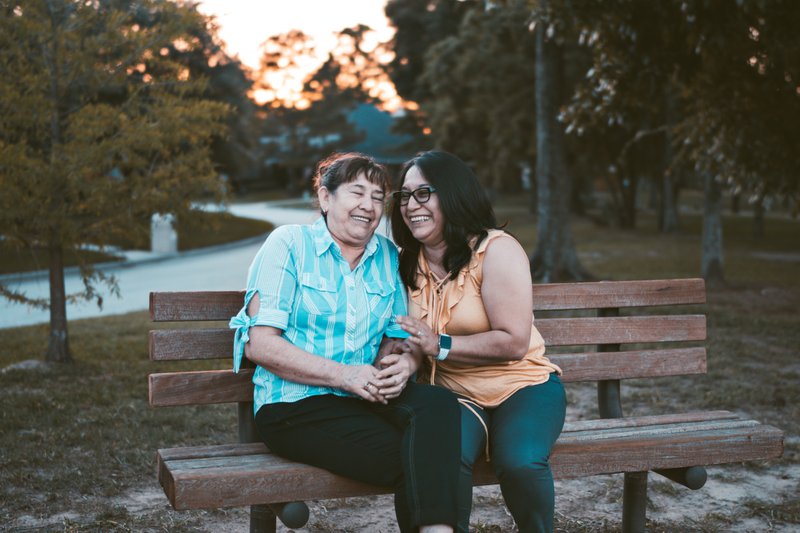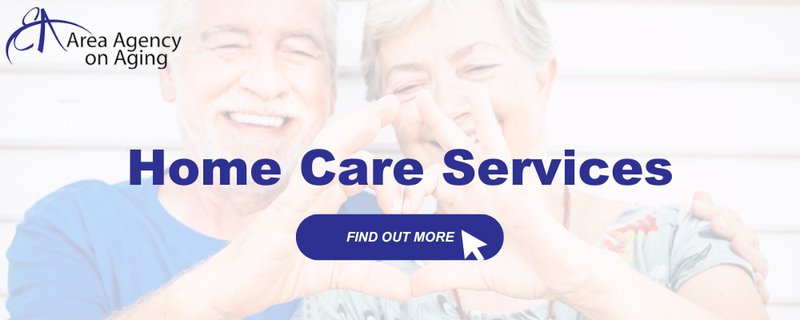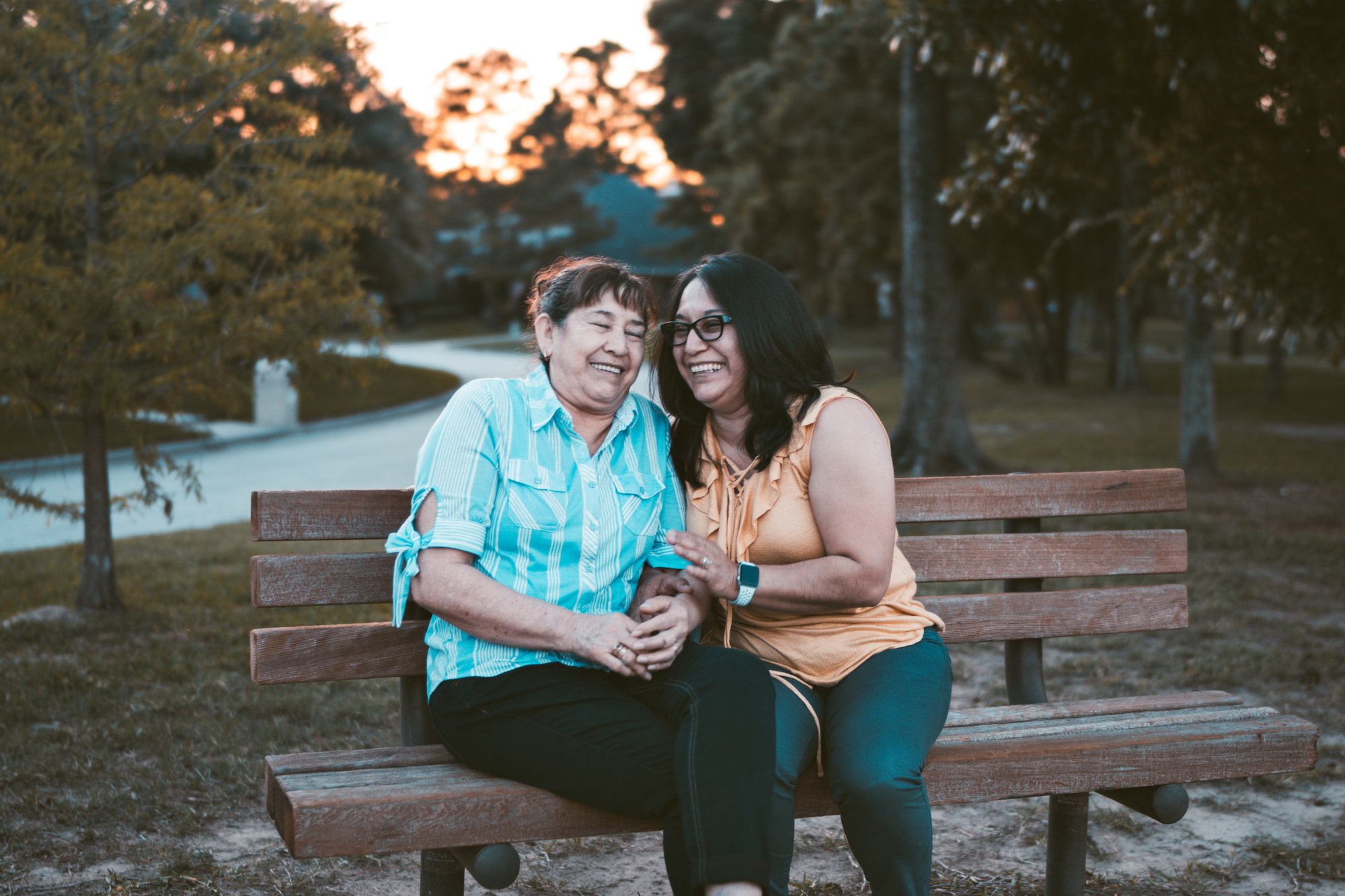Legal concerns can become more complicated and burdensome as we age. That's why seniors must have access to reliable legal advice and assistance.
Whether navigating estate planning, healthcare directives, or social security benefits, seniors face various legal issues that can significantly impact their quality of life.
Older adults often struggle with mobility issues, limited access to transportation, or cognitive decline, making it challenging to navigate the legal system effectively. Without adequate support, you or your loved one can miss important benefits, fail to protect your rights, and face legal hardships.
This article delves into legal aid for seniors, including the challenges they may face and practical guidance for accessing assistance. It offers advice for seniors or caregivers on understanding the legal system and protecting their rights.

Common Legal Issues Faced by Seniors
Understanding common legal issues can help seniors and their caregivers plan and prepare for their future needs. Let's explore some situations where seeking legal assistance may be the best choice.
Estate Planning
One of the most common legal issues faced by seniors is estate planning. This process involves creating a comprehensive plan to distribute assets and property after death, including wills, trusts, and advance directives. Unfortunately, disagreements may arise among family members as to how assets should be distributed or who should manage the estate.
For example, if a senior parent leaves more money or assets to one child than the others, it may cause resentment and conflict. On the other hand, if the parent does not have a clear estate plan, it can result in confusion and disputes among family members as to the distribution of the assets.
Seeking the assistance of a professional and experienced attorney can help older adults create an estate plan that meets their wishes while minimizing the chances of conflict among their loved ones.
Abuse or Neglect
Many seniors are at increased risk of abuse or neglect, which can take many forms, including physical, emotional, financial, and sexual abuse. One example is the failure to provide necessities such as food, shelter, and medical care. Elder abuse can also involve leaving a senior alone for long periods or not ensuring their safety. Regrettably, older adults may suffer neglect or abuse from those responsible for their care and support, such as caregivers, family members, or others.
Applying For and Receiving Government Benefits
Seniors also commonly face legal issues related to Medicare and Medicaid. These programs provide essential healthcare coverage for seniors, but navigating the complex rules and regulations can be challenging. You or your loved one may need legal assistance, from selecting the right coverage options to appealing denied claims.
Defense of Guardianship
Guardianship can be necessary for seniors who can no longer make their own decisions. But seniors may disagree with their appointed guardian or feel their rights are being infringed upon. Defending against guardianship can be a complicated legal matter. Still, legal aid for seniors can ensure their rights are protected and their wishes are respected.
Fraud Protection
Elder fraud, a prevalent legal concern, involves scammers who target older adults to steal their personal information and money. They may disguise themselves as trusted sources, such as government officials, family members, or businesses, to gain the trust of their victims.
Senior legal assistance can help you or your loved one identify warning signs of fraud, such as suspicious phone calls or emails, and take preventative measures to safeguard your personal information and assets.
Legal Assistance and Case Management Options for Seniors
Legal aid for the elderly is available through the following:
Government Programs
Government-funded programs are available to seniors who meet certain income and eligibility criteria. Under the Older Americans Act, the Administration on Aging (AoA) funds programs that provide seniors with low-cost legal assistance and case-management services.
- The Legal Assistance Program (LAP) backs legal services organizations nationwide, enabling them to offer free or low-cost legal aid to seniors dealing with various issues, such as estate planning, consumer protection, healthcare, and guardianship. Furthermore, the LAP provides seniors and their caregivers with legal training and education.
- The Legal Assistance Enhancement Program (LAEP) provides grants to states to improve and enhance their legal services for older adults. LAEP funds can be used for activities such as developing innovative approaches to legal services delivery, providing training and technical assistance to legal services providers, and increasing access to legal services in underserved areas. This program helps ensure that seniors can access high-quality legal services, no matter where they live.
- The Pension Counseling and Information Program offers free legal assistance to older adults encountering problems with their plans for pensions, profit sharing, or retirement savings.
Legal Aid Organizations
Legal aid organizations offer free or low-cost legal services to seniors and vulnerable populations. These organizations provide a range of legal services, including advice, representation, and case management services. A well-known example of a legal aid organization is the Legal Services Corporation (LSC).
The LSC is a non-profit organization established by Congress to ensure that low-income Americans, especially seniors, have access to legal assistance. With a growing senior population in the United States, LSC recognizes that older adults often face unique legal challenges, such as elder abuse, housing discrimination, and healthcare access.
Private Attorneys
Private attorneys specializing in elder law are another option for seniors who need legal assistance. While private attorneys are more expensive than other options, they can provide personalized advice and representation tailored to each client's individual needs.
How to Find Local Legal Assistance and Case Management Services
To find legal assistance in your area, start by contacting your local Area Agency on Aging. You can also use this online tool to search for legal aid organizations in your community.
Free Legal Advice and Assistance for Seniors
If you or your loved one can’t afford to pay for legal services, there are also free options that you can consider.
Pro Bono Programs
Pro bono programs are offered by private attorneys who volunteer their time and services to low-income individuals, including seniors. These programs provide free advice, representation, and other legal services. You can also use the LawHelp.org directory to locate a pro bono program near you.
Legal Clinics
Legal clinics are another option for seniors who need free legal advice and assistance. Law schools, legal aid organizations, or other community groups typically run these clinics. They have a team of dedicated attorneys who are experienced in working with the legal needs of the elderly.
The American Bar Association has put together a directory of legal programs available by state, making it easy for seniors to find help in their area.
Additional Resources
Older adults have access to other sources of free legal assistance, such as local bar associations, senior centers, and community organizations. These establishments can provide legal advice clinics, self-help resources, and referral services that can link you or your loved one with legal aid organizations or pro bono programs in the community.
The Eldercare Locator is an excellent tool for finding more details about legal aid for the elderly in your community.
Legal Advocates and Services for Seniors
Various organizations and agencies are dedicated to safeguarding the legal rights of the elderly. Let’s look at the leading examples:
The National Consumer Law Center is a nonprofit that champions the rights of low-income and vulnerable consumers, such as seniors. It offers legal support, advocacy, and educational materials on various topics, including consumer protection, debt collection, and foreclosure.
Similarly, the National Senior Citizens Law Center is another nonprofit specifically advocating for older adults with limited financial means. It provides legal representation and policy development on crucial issues like access to healthcare, affordable housing, and income security.
Other organizations and agencies that work to protect the legal rights of seniors include the
American Bar Association Commission on Law and Aging, which provides resources and advocacy on legal issues affecting older adults, and the National Academy of Elder Law Attorneys, which provides educational resources and professional development for attorneys who specialize in elder law.
You can access these legal advocates and services by contacting the organizations directly or through a referral from your local Area Agency on Aging. Many of these organizations also offer online resources and educational materials that you can access for free.
Don't Let Legal Issues Overwhelm You—Seek Expert Assistance Now
Legal assistance and case management services are essential for seniors to protect their rights and navigate the legal system effectively.
Most importantly, senior citizens and their families should obtain legal counsel and assistance when necessary. With many legal matters to consider, such as estate planning, elder abuse, or Medicare/Medicaid, seniors require specialized knowledge and support to address these concerns effectively.
When it comes to finding legal assistance for seniors in East Arkansas, we've got your back. Our team is here to provide you with the specialized knowledge and support you need to navigate the legal system effectively, no matter the issue. Contact us now to get started.



